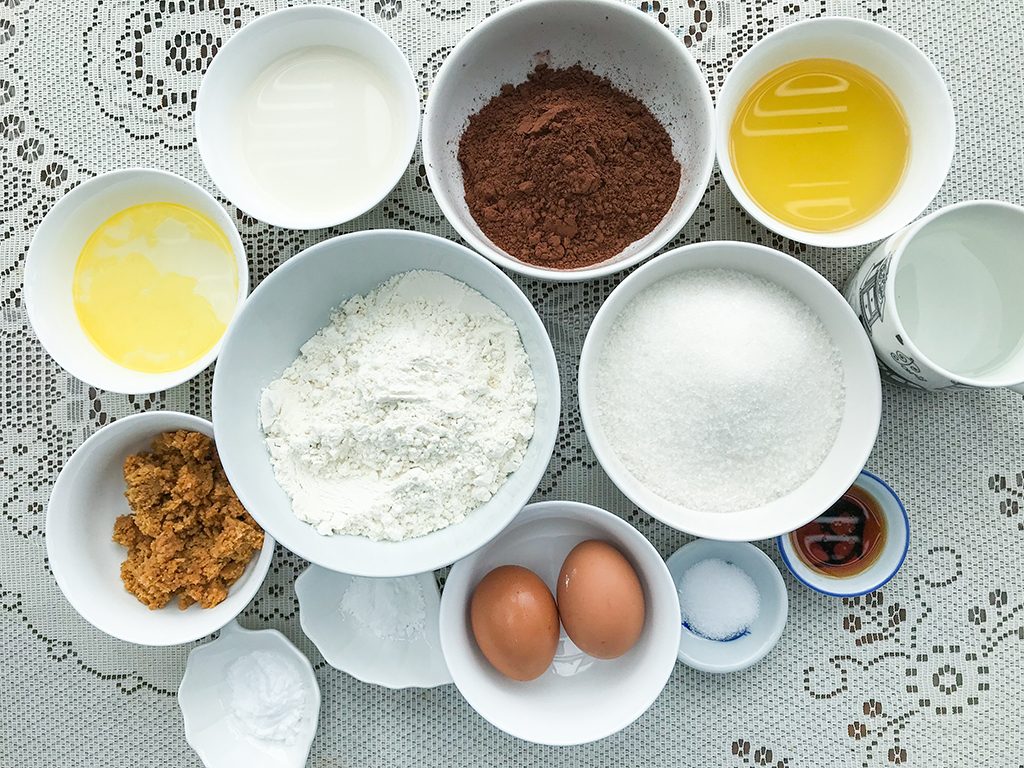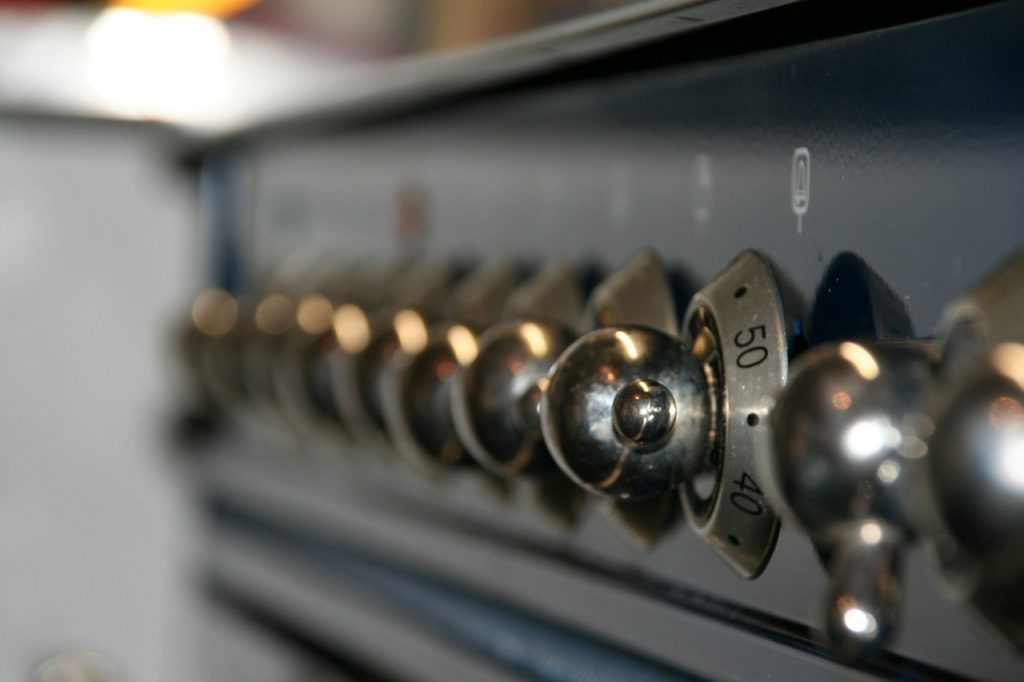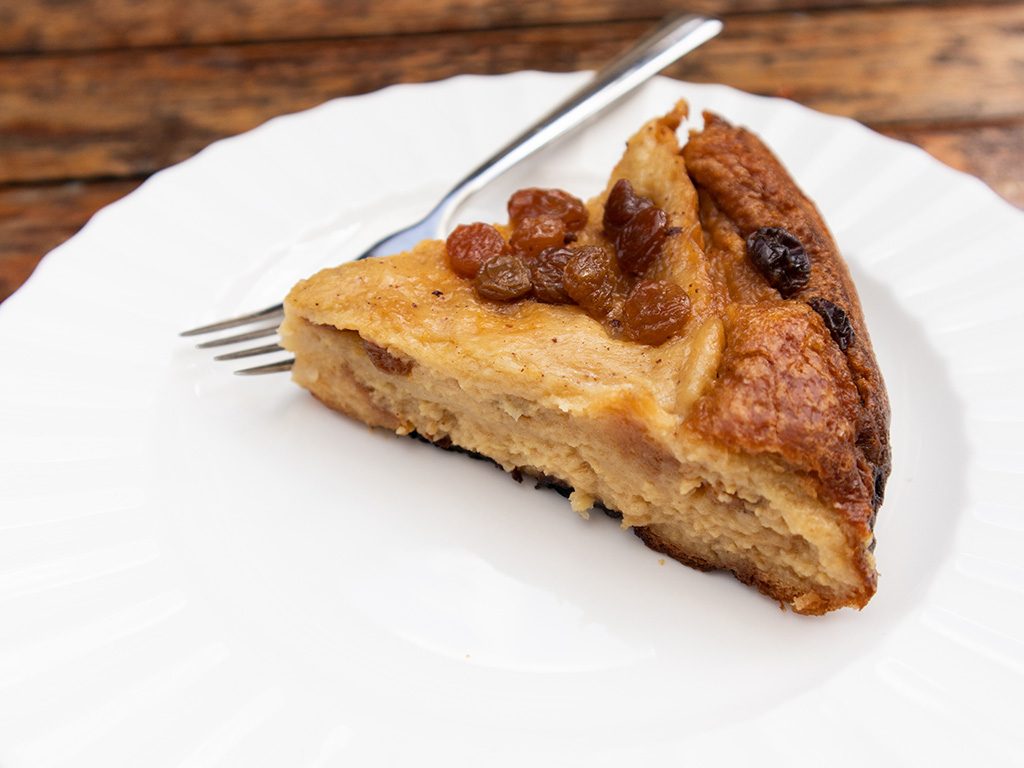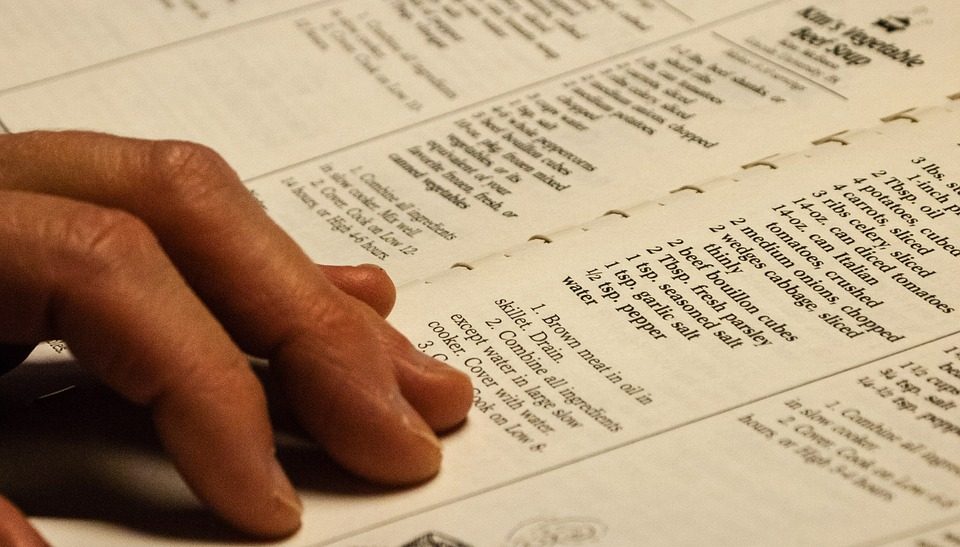You know you want to bake yet you’re unsure where to start? Not to worry, every baker must begin somewhere or somehow, right? We’ve got your back. Baking can sound and, in fact, be a little intimidating for first-timers. It is precise and involves science.
You can’t add too much flour nor too little sugar. Not to mention, you’ve got a lot of other factors to consider, like the oven temperature, the humidity of the kitchen and little additional details you can’t miss out on. I know it may sound like a headache for some who would rather just stick with their boxed cakes or even buy from a bakery.
But, I can promise you, baking is a rewarding experience, especially when it’s piping hot from the oven and the aroma fills up the room. So, don’t give up on your baking dreams just yet. When there is a will, there is a way!

-
Mise in place is always the key
In case you didn’t know, mise-en-place basically means preparing your ingredients and required materials in advance to streamline the baking preparation process. In this case, you would need to pre-measure your ingredients and have all the necessary tools and materials close to you.
Therefore, you can direct your focus to the recipe rather than having to pause every now and then to measure your ingredients or search for the tools as you go. It may be tedious in the beginning, but a little mise-en-place saves you time in the long run. It does go a long, long way in baking.
-
Read, read and read the recipe
Take all the time you need to learn the entire recipe slowly. There is no rush, slowly but surely. That way, you can grasp all the ingredients, tools, and steps required without accidentally overlooking anything. I’ve said it before, and I’ll repeat it again: baking is about precision and care, so it’s beneficial if you are familiar with the recipe before beginning. Read it twice or thrice, even, to make sure everything is crystal clear to the core.

-
The right ingredients will take you the right place
Just like a pair of shoes, the right ingredients will lead you to the right place. Always choose first-rate ingredients – you cannot expect to use second-rate ingredients for the best result, can you? That goes hand in hand with using the freshest and high-quality ingredients for your baking needs!
Let’s say you use high-quality ingredients for your cupcakes, but your baking powder has already expired a few months ago… it’s safe to say that the end result may not be what you were hoping for. Always label your food items, take note of expiration dates and store them appropriately. Ingredients like flour and nuts go rancid easily, whereas baking powder and soda may lose their potency over time.

-
When in doubt, go for room temperature
You’ve seen it once, twice or a thousand times. The number of recipes calling for room-temperature eggs, butter and milk are endless, and you definitely cannot ignore this! Why? Well, wonderful baked goods usually start by creaming together butter and sugar, which is undoubtedly easier with gentle, soft ingredients than a brick of hard rock butter – if that makes any sense to you.
That being said, room temperature ingredients are just as crucial as same temperature ingredients. Always add hot temperature items to hot items and likewise with cold items. Another suggestion is to temper, which is to slowly bring up the temperature of the lower temperature item which is sensitive to heat to prevent it from curdling or breaking.

-
Weigh it, scale it, measure it
As a baker myself (and I believe most bakers subscribe to this), I am a firm believer in the power of accurate measurement. Having said that baking is precise, it is necessary to eliminate as much potential for error as possible, including making sure your measurements are exact. One cup doesn’t mean your drinking cup or your coffee cup – there are a standard measuring cups and spoons for that! You can also use a digital weighing scale for dry ingredients to get the most accurate results.

-
Don’t mess with the temperature
You might be short on time, but if a recipe calls for 175 degrees Celsius and 20 minutes in the oven, do not tweak it to 200 degrees Celsius to reduce the baking time. That is not how it works, and your baked goods will probably not turn how it’s supposed to. In general, cakes lose moisture when it’s exposed to high heat over a short period of time, and the potential of burning the delicate cake is even higher. I prefer burnt cake over moist cake, said no one ever.

-
Mistakes are inevitable, but that’s okay
You’ve followed all of the steps above, but the bread didn’t turn out well. It’s soft, yet dense. That’s okay, don’t stress over spilled milk. Everyone makes a mistake from time to time – it is supposed to happen; you learn from it and move on.
Anyway, baking experiences that don’t turn out as you would like it to don’t exactly have to be classified as failures. Shift your mindset and toss the bread together and make bread pudding out of it. Mistakes can be an unexpected successes too.

-
Let it cool, let it cool
Temptations are high when you get the baked goods out of the oven, but there’s a reason why good things come to those who wait. In the cooling down process, you are allowing the steam to evaporate which makes it easier to handle. Come on, imagine frosting a warm cake! You are asking for a melty, messy disaster.
Of course, this does not apply to tarte tartin which must be removed from the pans piping hot. However, most fragile cakes definitely need to be allowed cooking time.
Get your mind wrapped around these few tips, and you’ll soon master the art of baking. When it comes to baking, it pays off to be a perfectionist. I hope these tips will help you along the journey to be the master of baking. Donut give up and be a whisktaker!

